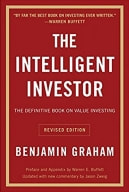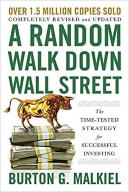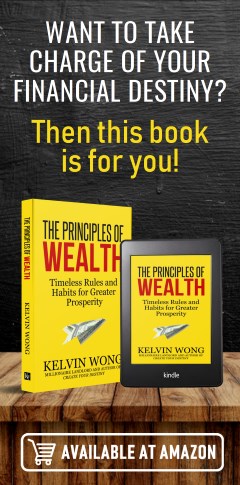You need to invest your money for your wealth to grow. Otherwise, it will be difficult for you to become rich. I have not come across anybody who becomes rich just by saving money. The fact is, if you don’t invest your money for some decent returns, you will become poorer over time because of inflation. With inflation at work, the value of money decreases as things get more expensive. Hence, the purchasing power of your money decreases over time. With the low interest rate offered by banks that hardly covers inflation most of the time, can you afford not to invest your money? It is crucial to invest your money at some point in your life to be financially prudent.
Ready to invest your money? Let me highlight five important factors to consider before you start investing.
1) Pay off all high interest consumer debts
You must pay off all your consumer debts as quickly as possible, especially your outstanding credit card bills. If you can’t pay off all your current credit card debts at once, pay as much as you can afford. Don’t incur any more new debts with your credit cards. A practical step you can take is to keep your credits cards at home when you go out and carry only cash in your wallet. Use cash only to buy things until all outstanding credit card bills are paid off. Don't roll over your credit by paying only the minimum sum. With high interest charges by credit card companies, it really doesn’t make sense that you’re still paying for that restaurant meal consumed months ago. Make it a habit to pay your credit card bills in full every month. 2) Begin saving on a regular basis Start saving by setting aside what you can afford to save regularly. Instruct the bank to automatically deduct a comfortable amount from your paycheck every month and deposit it into your savings account. There is much positive psychological impact on you when you begin to see your savings grow over time. 3) Set up an emergency fund It is prudent to put aside an amount of savings as emergency fund. A general rule of thumb is to set aside a sum of money that covers a minimum of 8 month’s essential expenses, such as food, transport and utilities. This emergency fund is not meant for investing or spending, so don't touch the fund in this account unless there is a real emergency! 4) Invest in your education Read books and articles on personal finance, money management, wealth building and investing. Take time to learn about the various investment vehicles such as stocks, bonds, mutual funds, commodities and properties. Every investment instrument has pros and cons. Understand the investment well before you start to invest your money. Evaluate and see which type of investment suits you in accordance to your risk tolerance. I have read thousands of books and articles over the years and am continuing to lay hands on any good books made available. That’s how I acquire my investing knowledge and putting the acquired knowledge into practice polishes my investing skills over time. Therefore, invest in your own education and develop your financial literacy before you start investing. 5) Invest as early as possible Begin investing your excess money once all consumer debts are paid off and the emergency fund set up. Time is an important factor in investing your money and you need to start investing as soon as you can afford to, and as early as you can. Investing early gives more time for compound interest to work for you. Compound interest is earning interest on your interests as well as principal which will make your money grow at a faster rate over time. If you invest $10,000 at 12% returns compounding annually, you will have about $31,100 at the end of 10 years. At the end of 20 years, you will get $96,500. If you stay invested, you will gain close to $300,000 at the end of 30 years! Can you see the power of compounding over time? Albert Einstein once said: "Compound interest is the eighth wonder of the world. He who understands it, earns it. He who doesn't, pays it." If you invest responsibly on a regular basis, you will eventually be financially free.
3 Comments
12/6/2014 04:37:01 pm
I work to implement all five of these factors. I think you make an important point about education. There's always more to know and ways to be better informed so you can make better decisions.
Reply
12/6/2014 05:26:24 pm
Yes, I can't emphasize enough on the importance of self-education to be money-savvy. All the best in your investment ventures!
Reply
12/6/2014 04:38:27 pm
All important factors to consider and ones I work to implement every day. Especially education. There's always more to learn and ways to be more informed.
Reply
Your comment will be posted after it is approved.
Leave a Reply. |
|







